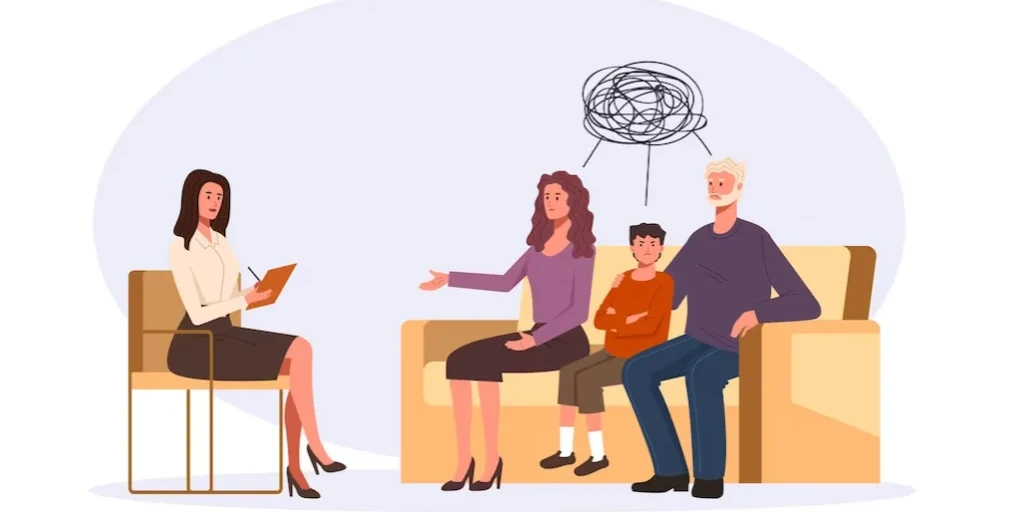24/7 Helpline:
(866) 899-111424/7 Helpline:
(866) 899-1114
Learn more about Dual Diagnosis Rehab centers in Emery
Dual Diagnosis Rehab in Other Cities

Other Insurance Options

Multiplan

BHS | Behavioral Health Systems
Beacon

Group Health Incorporated

Health Net

Anthem

Aetna

Humana

Sutter

MHNNet Behavioral Health

Holman Group

Horizon Healthcare Service

EmblemHealth

Lucent

Access to Recovery (ATR) Voucher

Sliding scale payment assistance

Magellan

WellCare Health Plans

GEHA

BlueCross






































































Four Corners Behavioral Health
Four Corners Behavioral Health is a private rehab located in Castle Dale, Utah. Four Corners Behavio...

Four Corners Behavioral Health
Four Corners Behavioral Health is a public rehab located in Green River, Utah. Four Corners Behavior...

Southwest Counseling Service
Southwest Counseling Service is a comprehensive community mental health center that has been providi...











